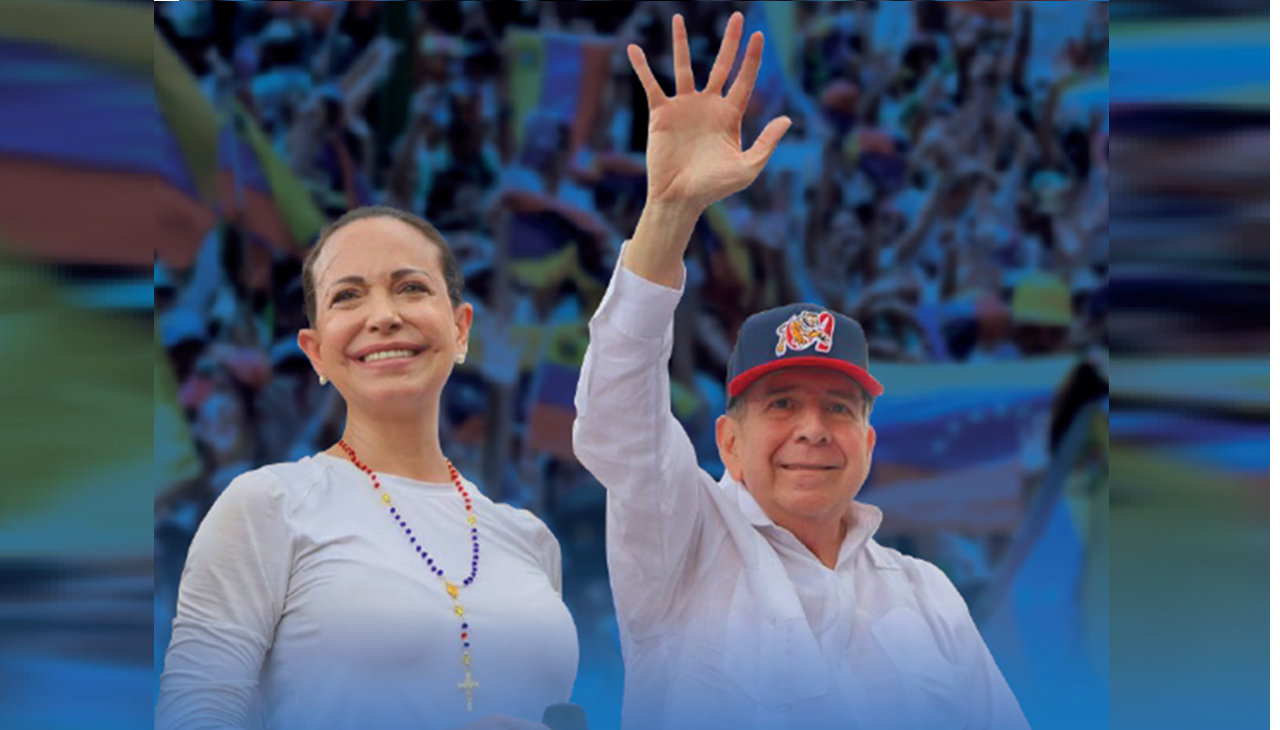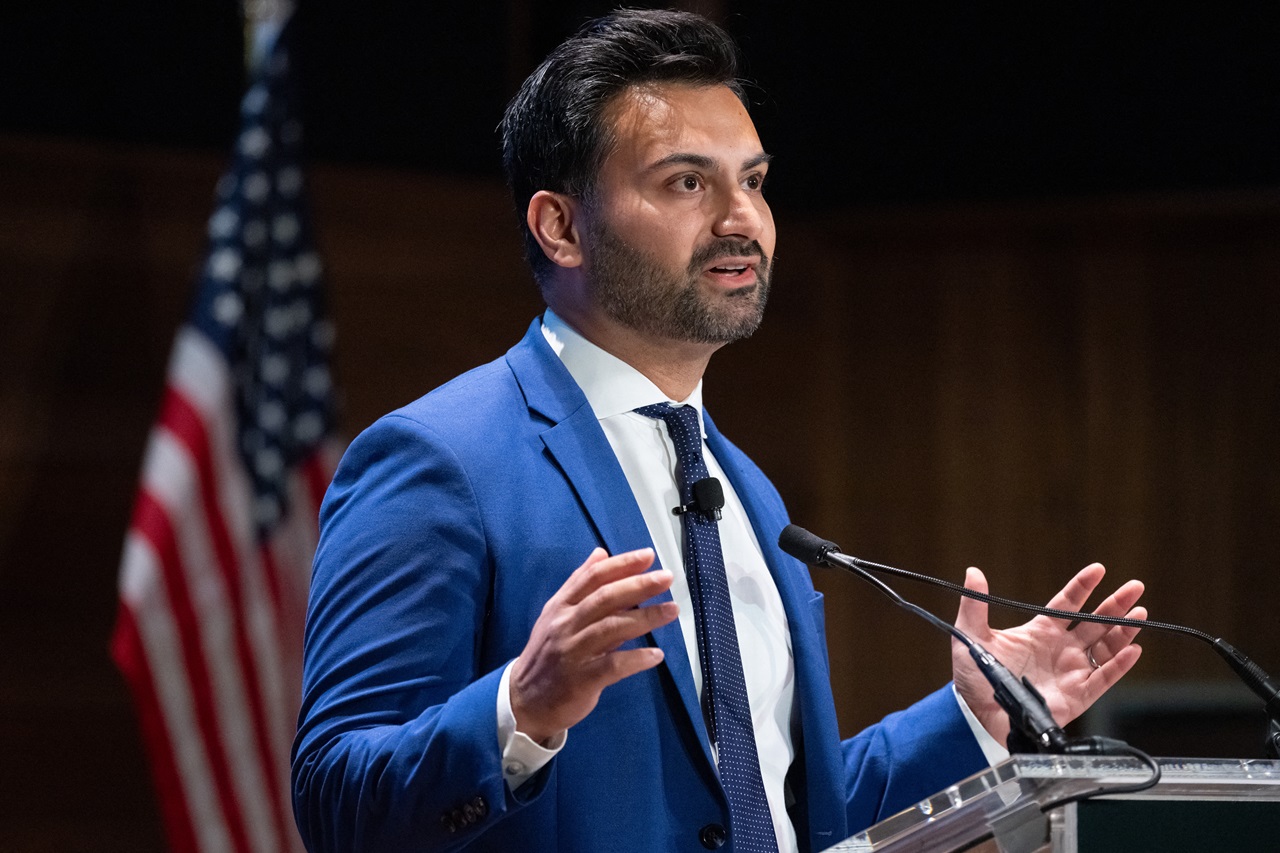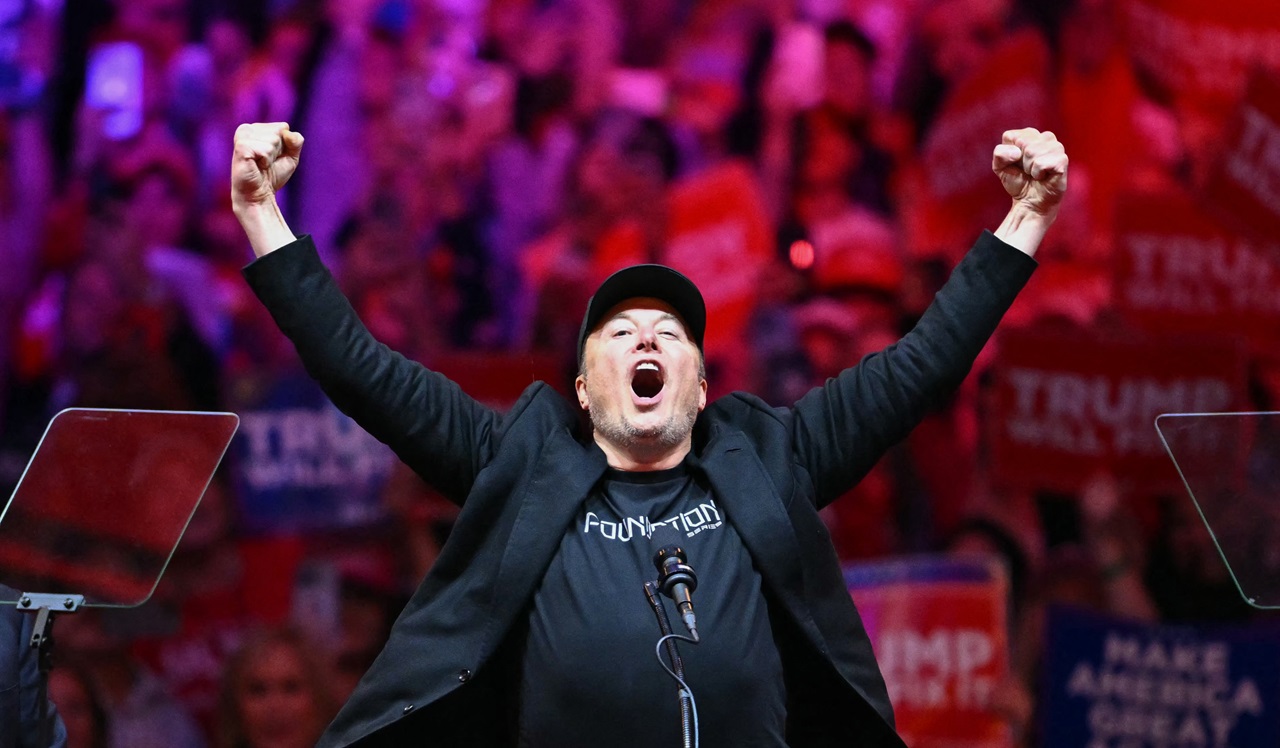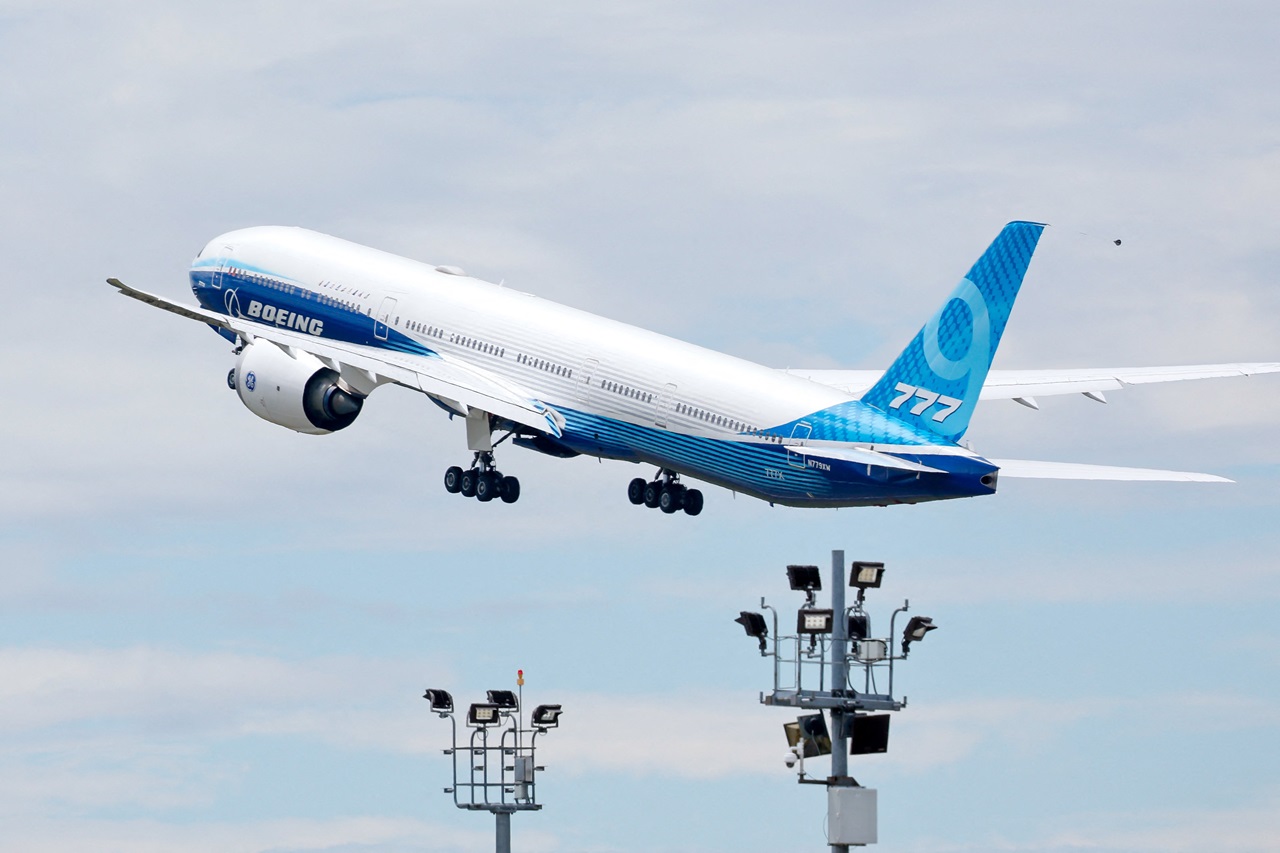
Leaving the country: leadership lessons from expatriates
Last weekend a new unavoidable episode took place for all those interested in the social and political situation in Venezuela: The Asylum of Edmundo Gonzalez. The persecution initiated by the regime of Nicolás Maduro was going to end like this, or worse. The event was precipitated by the decision of Judge Edward Briceño who ordered the arrest of the opposition leader, in response to the request of the Attorney General's Office.
Gonzalez was charged with usurpation of functions, falsification of public documents, instigation to disobey the laws, conspiracy, sabotage of systems, and crimes of association.
It was clear that the regime would not accept Gonzalez's freedom, especially after the scandal over the July 28 election results. Few recognized Maduro's triumph and the rest think that Gonzalez won the elections by far.
The opposition leader has promised, from Madrid, that he will continue his work and will put on the presidential sash: some of his party colleagues went so far as to say that he will be sworn in as president next January 25, 2025, to hold democratic power for the next six years.
Is it possible or will Gonzalez abandon his efforts to maintain democracy in Venezuela?
The difficult situation helps us reflect on what kind of leadership is needed in such critical times. Here are some lessons for people who hope to lead in such difficult contexts.
CONTENIDO RELACIONADO
First. Leadership is a matter of representation: people see Gonzalez and his fellow political fighters as a symbol of their liberation struggle. The Maduro regime has underestimated the discontent of the people and how politicians like Gonzalez or Maria Corina Machado represent the general sentiment of the population. At this point, the desire for change overcame fear. “They will win but they will not convince”, said the Spanish philosopher Miguel de Unamuno and it is especially true at this moment. One can always decide whether to lead with great ideas or with violence. The regime has already made its choice.
Second: Leadership is a matter of resilience. The vocation to lead is a long-term affair. It demands patience and endurance. Paradoxically, all the decisions taken by the regime reinforce the idea of resilience, which legitimizes Gonzalez's position.
Third: Leadership is realism. Although people need a symbol, they also need solutions. This is, perhaps, the most important mistake of the regime: citizen discontent is based on reality. It is false that, as the Maduro government tries to prove, it is all about a conspiracy.
Leadership is about having clear ideas. No matter how difficult the process is, leaders always keep their minds on the path they must follow to reach a goal. They never give up despite the obstacles.
The political and social situation in Venezuela remains complex. In this context, it is absolutely clear what kind of leadership citizens need in order not to lose hope. The choice is made.










DEJE UN COMENTARIO:
¡Únete a la discusión! Deja un comentario.